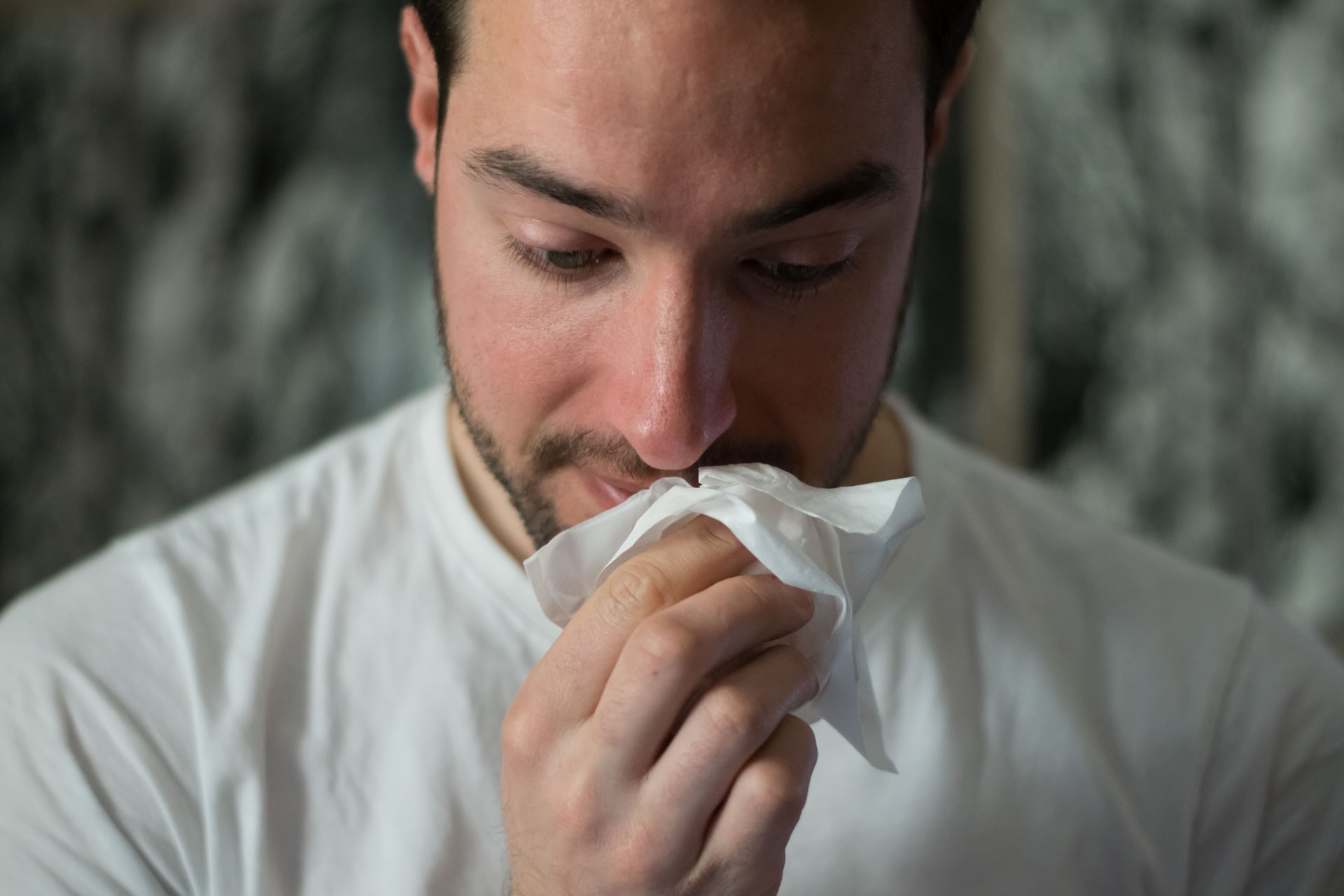News release
From:
Attachments
Note: Not all attachments are visible to the general public. Research URLs will go live after the embargo ends.

Journal/
conference: Science
conference: Science
Research:Paper
Organisation/s:
Yale University, USA
Funder:
N/A



 International
International


